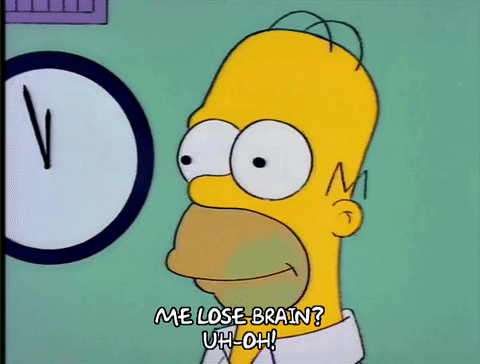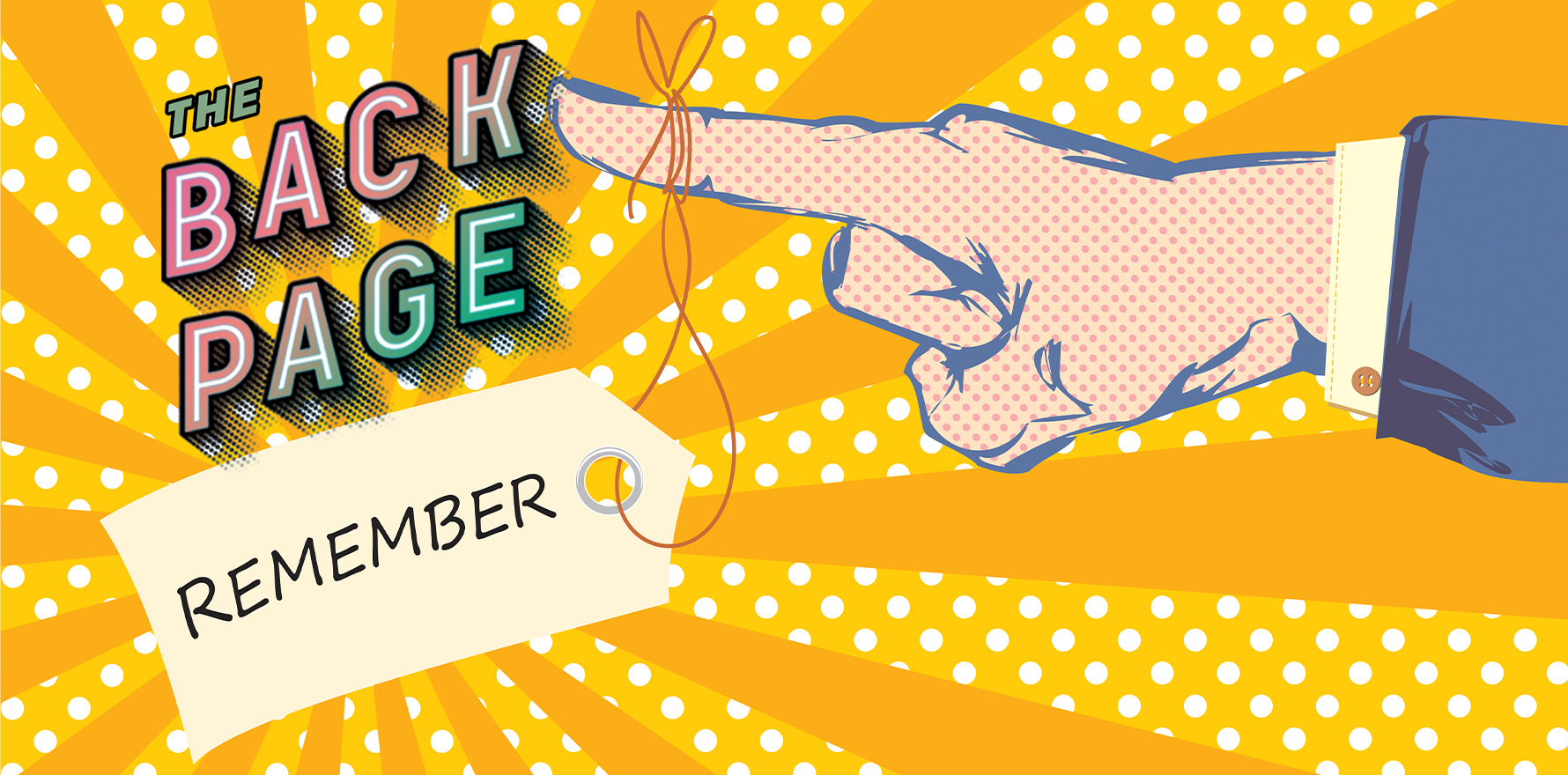Remember, your brain works only as hard as it has to.
Are you the type of person who gets embarrassed because you routinely fail to recognise people you work with when you bump into them outside of the workplace?
Do you fret that this may be an early sign of approaching dementia and subsequent decades of forgetting where you’ve put your glasses, car keys, smartphone or last night’s half-eaten pizza?
Fear not. In fact, be proud. According to researchers from Australia’s Bond University, it turns out such a trait may in fact be a sign of a brilliantly lazy brain.
Their study, led by Assistant Professor Oliver Baumann of Bond University and published in Frontiers in Psychology, takes a deep dive into how our brains capture and retain memories.
Specifically, they looked at how the brain reacts when people encounter a person or object out of context for the first time.
As we have only ever seen the co-worker in the office environment, the memory system appeared to generate a snapshot that fuses the person and the office together, Dr Baumann said in a media release.
“Our brain thinks that person belongs in that room,” Dr Baumann said.
“If you encounter them somewhere else, that creates a problem in that you might not recognise them.
“That doesn’t happen once our brain learns the person exists independently of the room. Second time, third time around, our brain would not make that mistake again but encode the person and the room separately.”
Dr Baumann said this phenomenon suggested our brains were “intrinsically efficient or almost lazy”, in that this process helped ensure the grey matter didn’t get overloaded and waste space and energy.

In contrast, people who exhibit a condition known as hyperthymesia remember almost everything in their life. While this may seem to be a useful characteristic, the downside is with such a huge mass of information clogging up the cerebrum it can become difficult for these folks to focus on a specific task.
So, in a nutshell, it seems forgetting stuff can be a good thing because it means our brains aren’t encoding more things than they need to.
Feeling a bit better about yourself now? Wait … who are you again?
If you see something stupid, say something stupid … send spare neurons to felicity@medicalrepublic.com.au.


